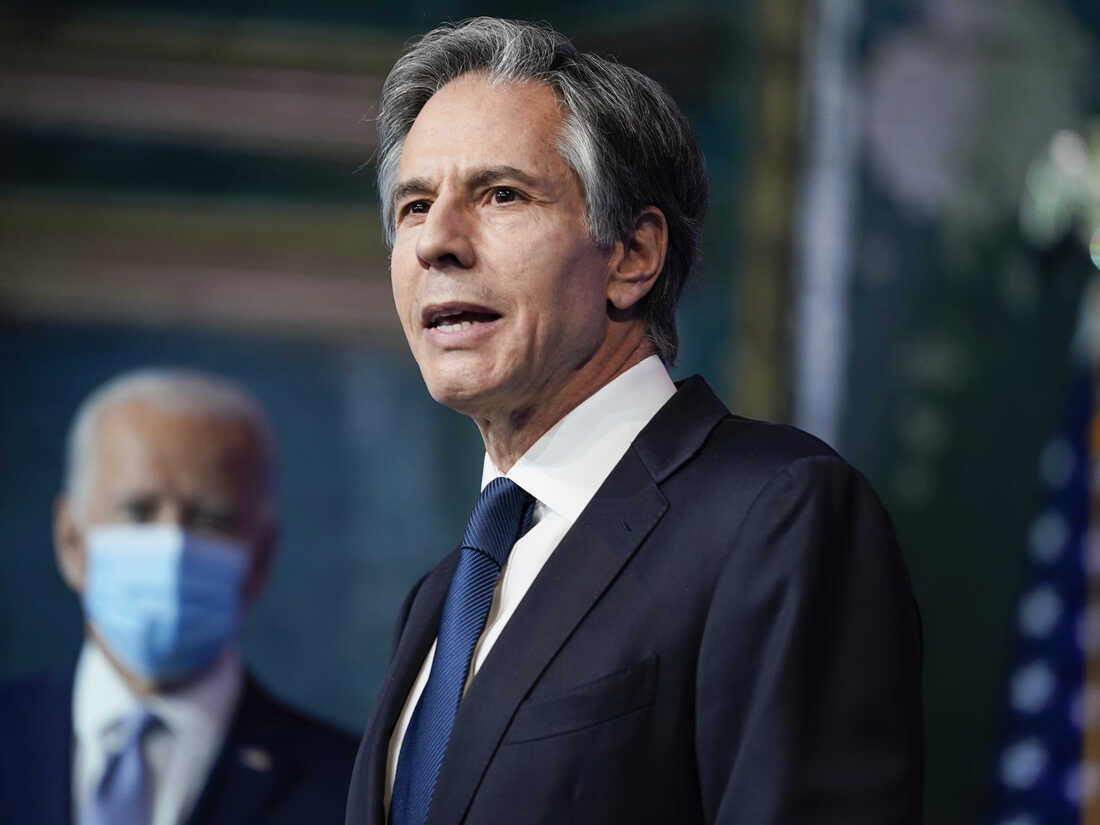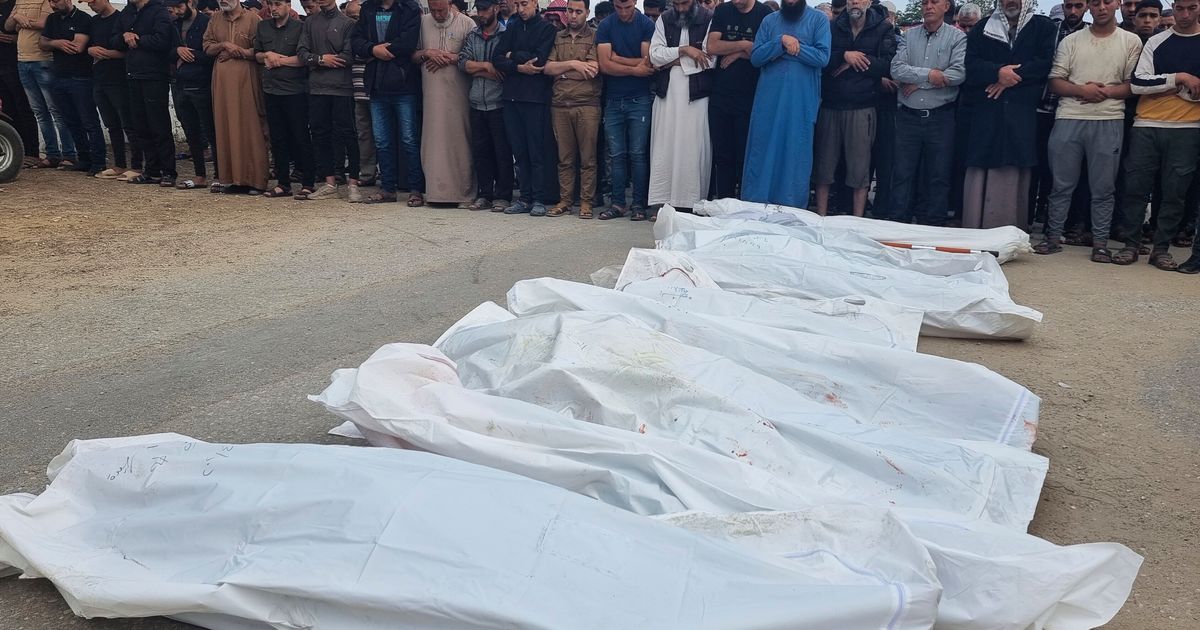The United States intensifies efforts for a cease-fire in Gaza, as Secretary of State Antony Blinken announces a new proposal presented to Hamas during their talks with Egyptian mediators in Cairo. Israeli airstrikes in Rafah result in 26 casualties, prompting Blinken to urge Hamas to accept the latest proposal, which he describes as “extraordinarily generous” on Israel’s part.
The specific terms of the proposal remain undisclosed, but reports suggest Israel has softened its stance, particularly regarding the number of hostages to be freed by Hamas in the initial phase of the cease-fire.
Central to the negotiations is Hamas’s demand for guarantees that the release of hostages will lead to a complete halt to Israel’s assault on Gaza and a withdrawal of Israeli troops. However, Israel has only offered a temporary pause, with intentions to resume military operations once the cease-fire concludes, posing a significant obstacle to mediation efforts led by the U.S., Egypt, and Qatar. This impasse leaves uncertainties about the feasibility of reaching a lasting agreement.

Within Israel, there is a divergence of opinion on the best course of action: pursuing a deal that could potentially end the conflict and yield benefits such as improved relations with Saudi Arabia, or continuing military operations, including potential attacks on Rafah, in a bid to defeat Hamas despite the risk of international isolation. The U.S. and other allies have cautioned against an assault on Rafah, emphasizing the humanitarian consequences and the potential for escalating casualties in an already devastated region.
Meanwhile, pressure mounts on Israeli Prime Minister Benjamin Netanyahu to secure a deal, particularly from families of hostages held by Hamas. The families of two hostages publicly appeal for an agreement, underscoring the personal stakes involved. However, Netanyahu faces resistance from hardline Cabinet members who advocate for military action against Rafah as essential to national security.
Simultaneously, Israeli officials express concerns over potential arrest warrants from the International Criminal Court (ICC), which has been investigating allegations of war crimes committed by both Israeli forces and Palestinian militants. Netanyahu rejects the ICC’s jurisdiction, warning against any attempts to undermine Israel’s right to self-defense. Such warrants could pose diplomatic challenges and further strain Israel’s relations with the international community.
The ongoing conflict has taken a devastating toll on Gaza’s civilian population, with thousands killed and millions displaced. The dire humanitarian situation, exacerbated by widespread destruction and the looming threat of famine, underscores the urgency of reaching a lasting cease-fire agreement. Despite diplomatic efforts and tentative progress, significant hurdles remain in achieving a resolution that satisfies the demands of all parties involved.
